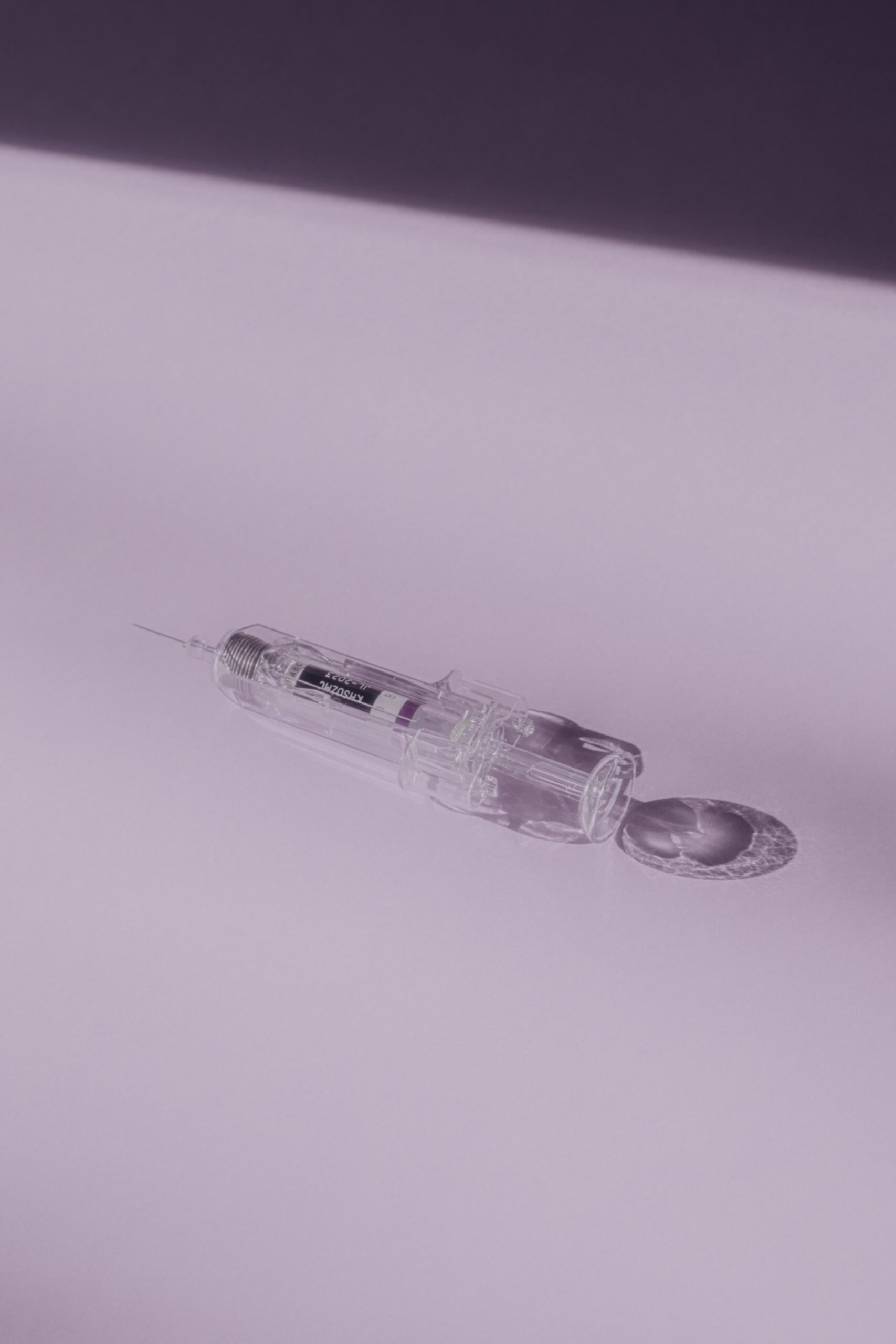Introduction
Psoriasis is a chronic skin condition that affects millions of people, including seniors. While there is no cure for psoriasis, there are natural ways to manage the symptoms and improve overall skin health. In this article, we will explore diet and treatment tips specifically tailored for seniors with psoriasis.
Related Topics (Sponsored Ads):

1. Follow a Healthy Diet
A well-balanced diet is crucial for managing psoriasis symptoms. Seniors with psoriasis should focus on consuming nutrient-rich foods that promote skin health. Some key dietary recommendations include:
- Incorporate anti-inflammatory foods such as fatty fish (salmon, mackerel), leafy greens, and berries into your meals.
- Avoid trigger foods that may worsen psoriasis symptoms, such as processed foods, alcohol, and sugary snacks.
- Stay hydrated by drinking plenty of water throughout the day.
- Consider incorporating supplements like omega-3 fatty acids, vitamin D, and probiotics after consulting with a healthcare professional.
2. Manage Stress Levels
Stress can trigger or worsen psoriasis flare-ups. Seniors should prioritize stress management techniques to help reduce the impact on their skin. Some effective stress management strategies include:
- Engage in regular physical activity, such as walking, yoga, or swimming.
- Practice relaxation techniques like deep breathing exercises, meditation, or tai chi.
- Stay socially active and maintain a strong support system.
- Consider joining support groups specifically for seniors with psoriasis to share experiences and coping strategies.
3. Moisturize Regularly
Dry skin can worsen psoriasis symptoms, leading to itchiness and discomfort. Seniors should prioritize moisturizing their skin daily to keep it hydrated and reduce irritation. Here are some tips for effective moisturization:
- Choose fragrance-free, hypoallergenic moisturizers that are specifically formulated for sensitive skin.
- Apply moisturizers immediately after bathing or showering to lock in moisture.
- Consider using a humidifier in your home to add moisture to the air.
- Avoid hot showers or baths, as they can strip the skin of its natural oils.
4. Avoid Harsh Skin Products
Seniors with psoriasis should be cautious when selecting skincare and cosmetic products. Harsh ingredients can irritate the skin and trigger flare-ups. Consider the following tips:
- Choose gentle, fragrance-free cleansers and avoid products with alcohol or strong fragrances.
- Read product labels carefully and avoid those that contain potential irritants like sulfates or artificial dyes.
- Consult with a dermatologist to find suitable products that won’t aggravate your psoriasis.
5. Seek Medical Advice
While natural remedies can be helpful, it’s essential for seniors with psoriasis to consult with a healthcare professional for personalized advice and treatment options. Your doctor may recommend:
- Topical treatments: These include corticosteroids, retinoids, and vitamin D analogs.
- Phototherapy: Exposure to controlled amounts of natural or artificial ultraviolet light.
- Oral or injectable medications: Reserved for severe cases of psoriasis.
Conclusion
Managing psoriasis naturally is possible with the right diet, lifestyle changes, and skincare routine. Seniors should prioritize a healthy lifestyle, stress management, moisturization, and avoiding harsh skin products. It’s crucial to consult with a healthcare professional for personalized advice and treatment options. Remember, each individual’s experience with psoriasis may vary, so finding the right approach may require some trial and error. With patience and persistence, seniors can find relief and improve their quality of life.